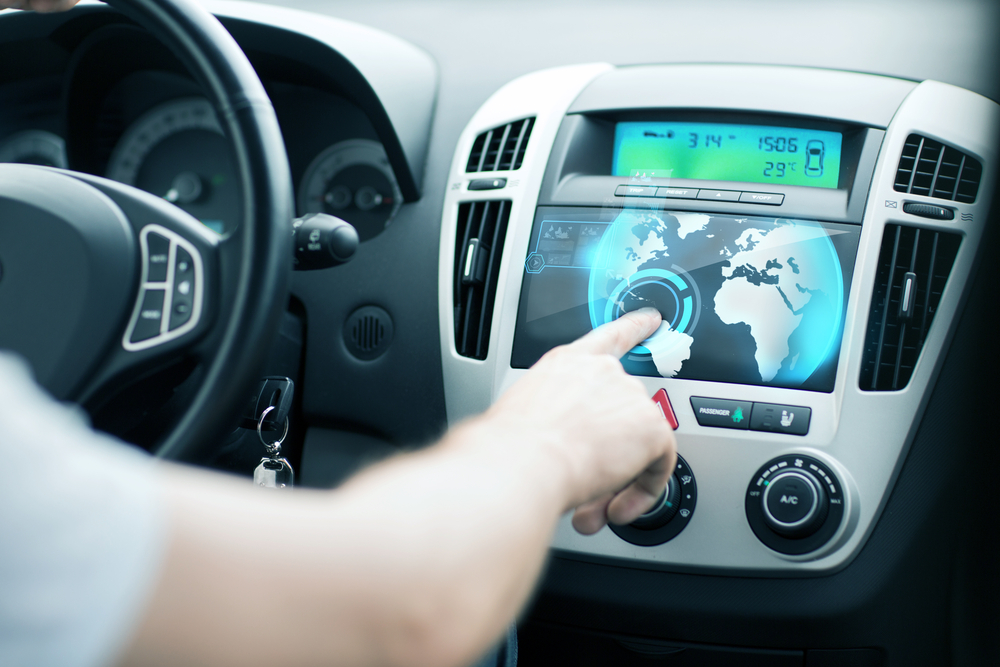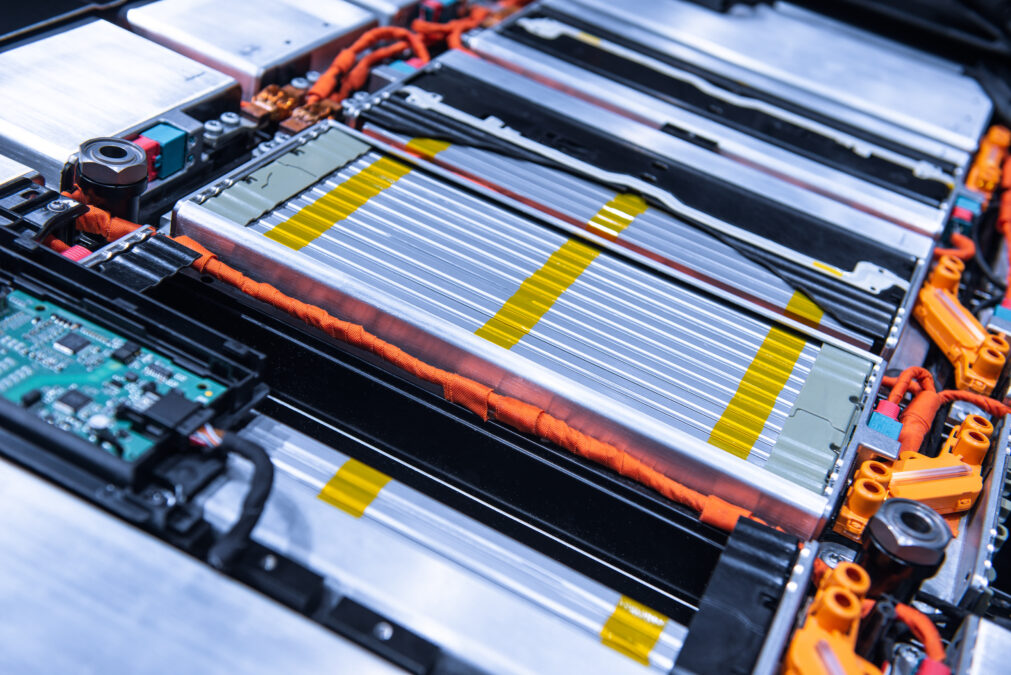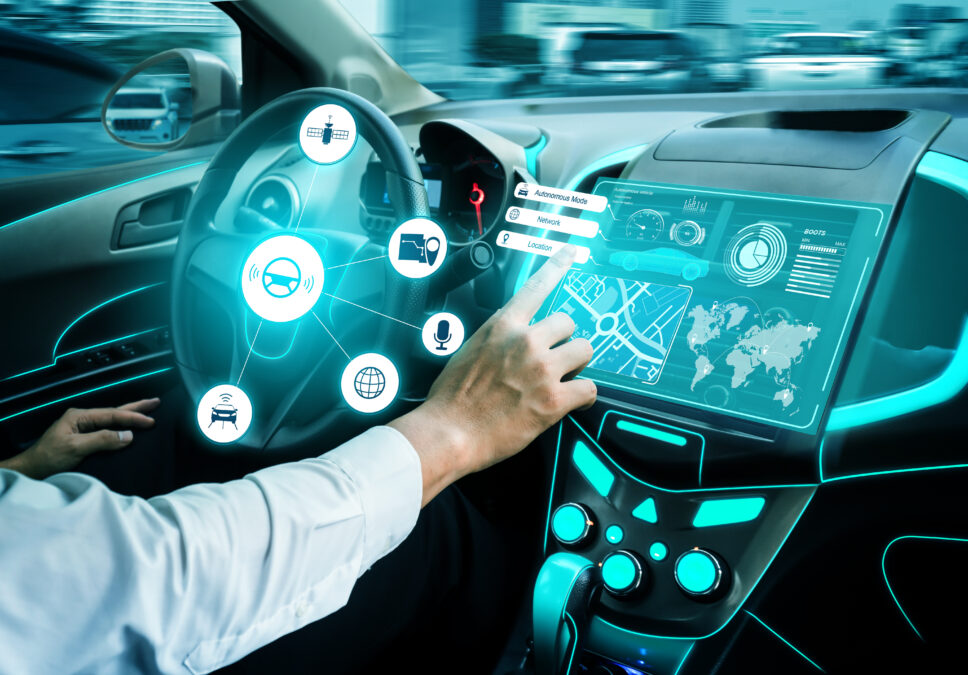BMW Group recently predicted that connecting the car to the internet will change the automotive industry more than the shift to electric and hybrid cars. Considering the impact of this development, it becomes clear that connected cars are a huge opportunity.
To make the most of it, car manufacturers are increasingly working to integrate the digital world into their own, and the time has come in which we will witness the greatest developments around the connected car to date. The rapid pace of development, which in the UK is expected to create 320,000 new jobs by 2030, will produce a technological leap that will substantially change the driving experience, future car production and drivers’ mobility.
> See also: Are we ready for driverless cars?
These opportunities are really just the tip of the iceberg. We recently commissioned a study, ‘Connected Car in Europe’, in conjunction with the consulting group PAC. The study explores the strategies of the European automotive industry around the development and launch of connected car technologies, services and autonomous driving, alongside the use of cloud computing, big data and the Internet of Things.
Nearly half of the companies surveyed agree that connected car offerings will be the major business drivers in the future, while 87% say they will be a main differentiator for vehicle manufacturers. But how far along the road are they, and what other priorities or concerns do they have about bringing online technology into the car in such a big way?
Connected car solutions will become a driving force for the automotive industry
The study shows that there are currently two ‘waves’ of connected car offerings on the European automotive market. Firstly, there are the early adopters who have already brought their offerings such as autonomous driving and infotainment to the market or are currently busy rolling out their solutions and services. Secondly, there are those that are currently in the design and development phase of their versions of connected cars.
At the moment, the main focus is on environmental reports, news and navigation. In the medium term, respondents believe this will shift to driving assistance and security services. Clearly, the idea of the connected car has already reached a serious level of maturity and is on its way to become one of the driving forces for the automotive industry.
Manufacturers need to differentiate
Although connected cars offer plenty of benefits for drivers, car manufacturers have lots to gain too, the most important one being a key way of differentiating themselves from the competition.
By integrating capabilities around social, mobile, analytics and cloud (SMAC), and through the development of innovative electronic control systems, sensors including cameras, telematics capabilities and infotainment systems, manufacturers have to stand out from the crowd by delivering a proposition that offers new choicesT and value to customers while keeping them safe.
> See also: Get ready: the Internet of Thing is the final nail in privacy's coffin
The connected car is also an opportunity to monitor vehicles after they are sold in order to improve customer service, track wear and tear and consequently increase market share from analysing the data and improving how the car is designed and marketed in the future.
Insurance companies are already offering tailored, usage-based products such as 'nudge' tactics that aim to change driving behaviour by lowering premiums for safe drivers and constantly scoring a young person’s driving and adjusting their premiums accordingly. The scope from these kinds of personalised services can only increase when cars become fully connected.
Any new beginning has its challenges
In order to develop connected cars successfully, industry-wide standards for technology, software development and service provision need to be implemented and adopted. However, opinions on how to do this and which standards to apply vary. For 38% of respondents, the lack of consolidated standards remains a challenge, while new market entrants and the integration of different technologies and service provider ecosystems are also concerns.
Car manufacturers feel that current business models need to be adjusted as well, to include consistent user experiences and the definition of an adequate invoicing model, which both still present major challenges.
Although security concerns around the connected car still persist, 42% of car manufacturers already offer security services, such as tracking a stolen vehicle. In the near to medium-term, an additional 20% are planning to introduce this service.
The right partners will be key to connected car success
In general, the majority of European automotive companies have confidence in their in-house competencies to develop connected car solutions. However, they are also aware that they may not be able to implement solutions and services exclusively on their own.
Consequently, automotive manufacturers and suppliers are planning to undertake product development in partnership with external service providers: this is the case for 69% of respondents. The most requested services include software development, security and testing services, and for over 30% of European automotive manufacturers, consulting and IT services are very important.
Some investment concerns are still to be overcome
Car manufacturers’ current investments are focused on security, infotainment and in-car connectivity. However, there are certain considerations that currently prevent investment in developing connected car offerings. 64% of all CxOs say that the connected car is not a focus at the moment, while 50% are worried about unclear cost changes. In addition, 23% of European car manufacturers are holding back investments due to a lack of clear customer expectations while 18% are concerned about high operational costs.
> See also: Forensics and the Internet of Things: the car of the future will be a data goldmine
The idea of the connected car is not just a dream for the future anymore. According to the GSMA, between 2013 and 2017 there will be an almost seven-fold increase in the number of new cars equipped with mobile connectivity designed to meet demand among regulators and consumers for safety and security features, as well as infotainment and navigation services.
This is the perfect time for car manufacturers and technology providers to come together and explore how telematics systems can enhance the driving experience in the years ahead, and lay the foundation for seamless urban mobility in the future.







